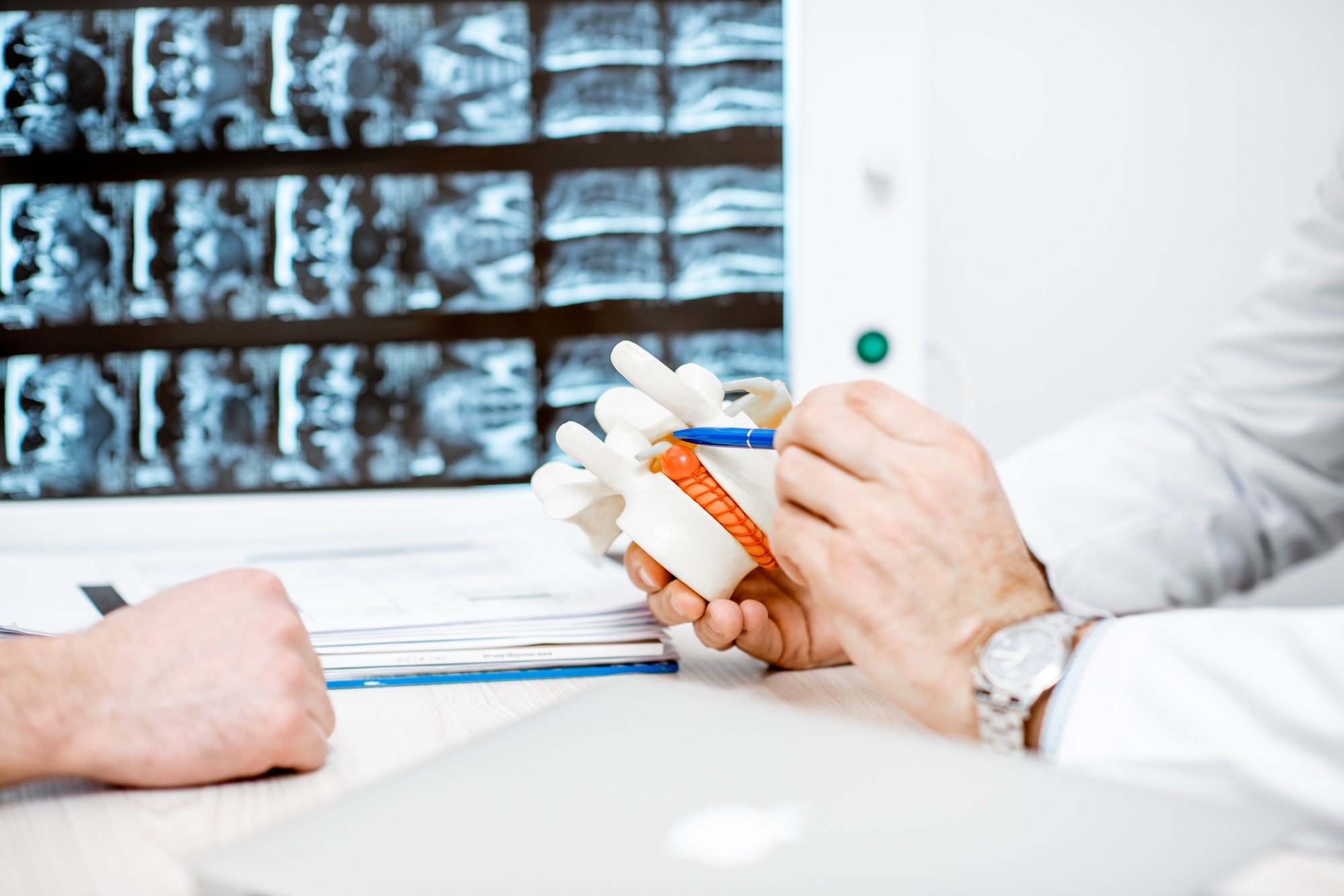Have you noticed a strange lump or discomfort in your abdomen and started to worry? You might have heard about hernias and suspect that might be the issue.
Let’s explore what a hernia is and how to recognize its signs, so you understand what might be happening with your body and what steps to take next.
What Exactly Is a Hernia?
Think of your abdominal muscles as a sturdy wall keeping everything in its place. Sometimes, due to weakness or strain, a section of this wall may tear or develop a hole, allowing something inside—like your intestine—to push through.
This results in a hernia, often appearing as a lump or bulge in areas like your abdomen, groin, or around your belly button.
Common Signs You Might Have a Hernia
Visible Bulge: The telltale sign of a hernia is a noticeable lump under your skin, which may become more prominent when standing, lifting heavy objects, or coughing, but could vanish when lying down.
Pain or Discomfort: Though hernias may not always cause pain, they can lead to sharp or aching discomfort, particularly during physical activities such as lifting, bending, or standing.
Heaviness or Pressure: Some individuals experience hernias as a sensation of heaviness or pressure, akin to carrying an unwanted weight in the affected area.
Weakness or Fatigue: Over time, hernias can lead to a general sense of weakness in the region, making you feel less strong or easily tired.
Who’s at Risk?
Hernias can happen to anyone, but some factors can raise your risk.
Lifting heavy objects often can strain your abdominal muscles, making a hernia more likely. Being overweight adds extra pressure on these muscles, increasing their weakness. People who have had surgeries in the abdominal area might also be more at risk due to changes in muscle strength.
Men are generally more prone to hernias than women, especially groin hernias, which can come from activities that increase pressure in the belly or from weak spots in the abdominal wall.
It’s important to know these risk factors and take steps to prevent them when you can.
When to See a Doctor
If you suspect you have a hernia, consult a doctor, even if it’s not painful. Here’s what you should know:
- Hernias do not resolve on their own and can worsen over time.
- A medical professional will likely:
Treatment Options
The good news is that hernias can be treated, often with surgery that effectively solves the problem.
Depending on the type and severity of the hernia—like inguinal, umbilical, or hiatal—your doctor will look at your situation and may recommend either monitoring or surgery. The surgery usually involves moving the bulge back into place and fixing the muscle wall to make it strong again.
This procedure can help reduce pain, prevent complications, and let people return to their normal activities with better health.
Conclusion
Although hernias can seem alarming, they are manageable, especially when found early. Recognizing the signs and talking with a healthcare professional as quickly as possible can ease discomfort and prevent complications from arising.
Remember, early diagnosis and treatment are key to maintaining your health and well-being. Don’t hesitate to reach out for medical advice if you notice any symptoms.







